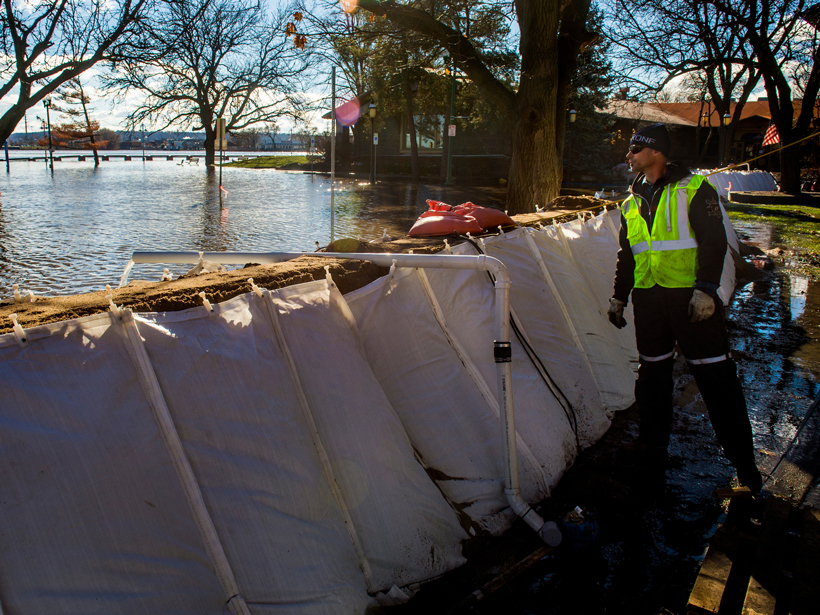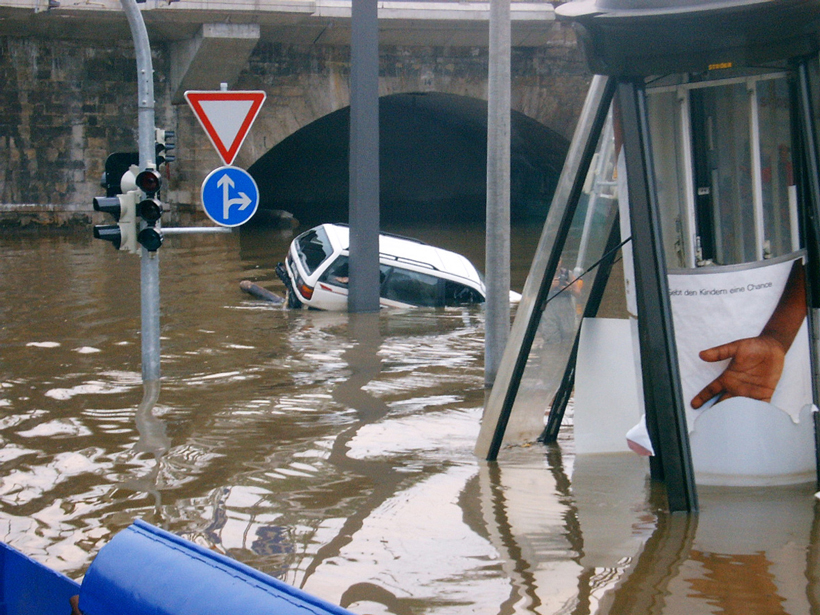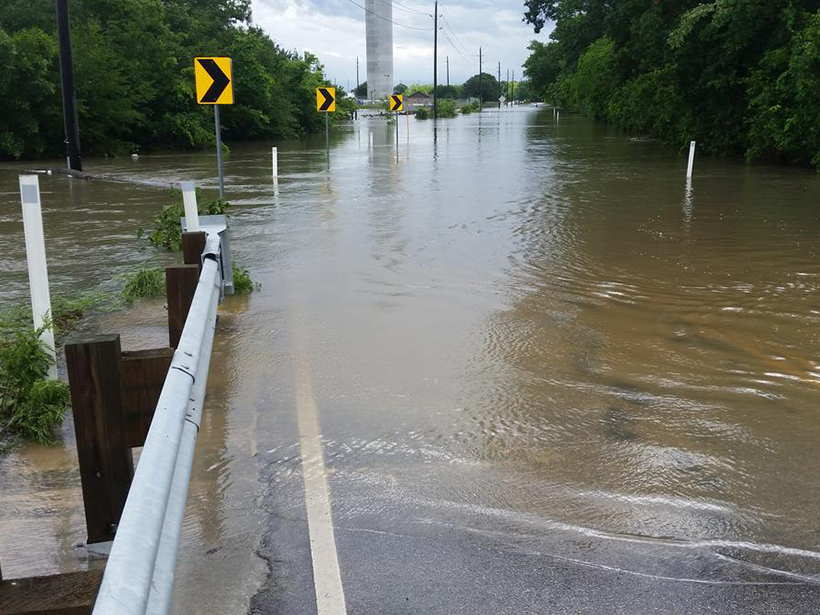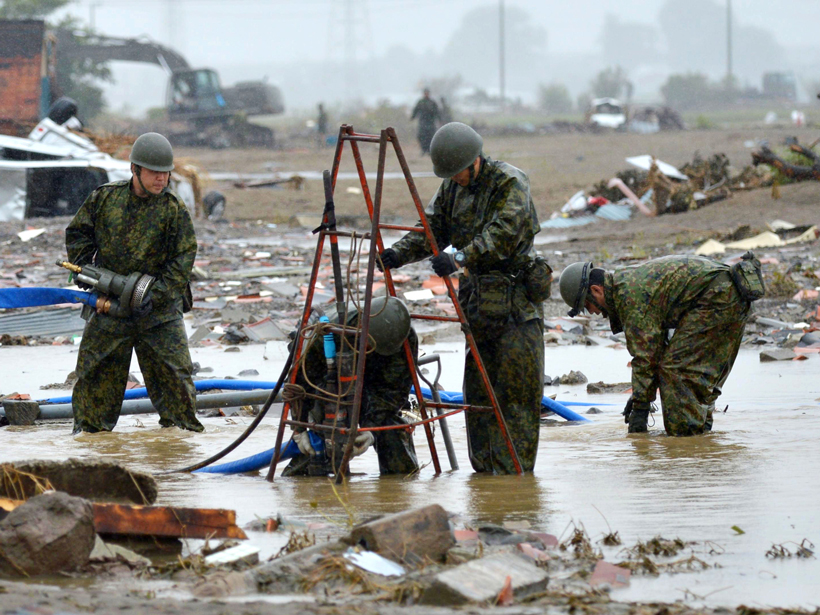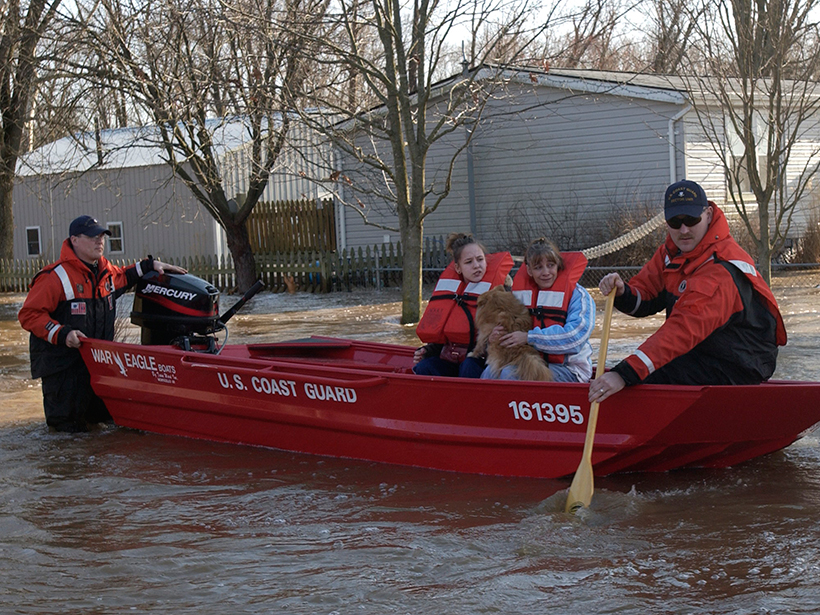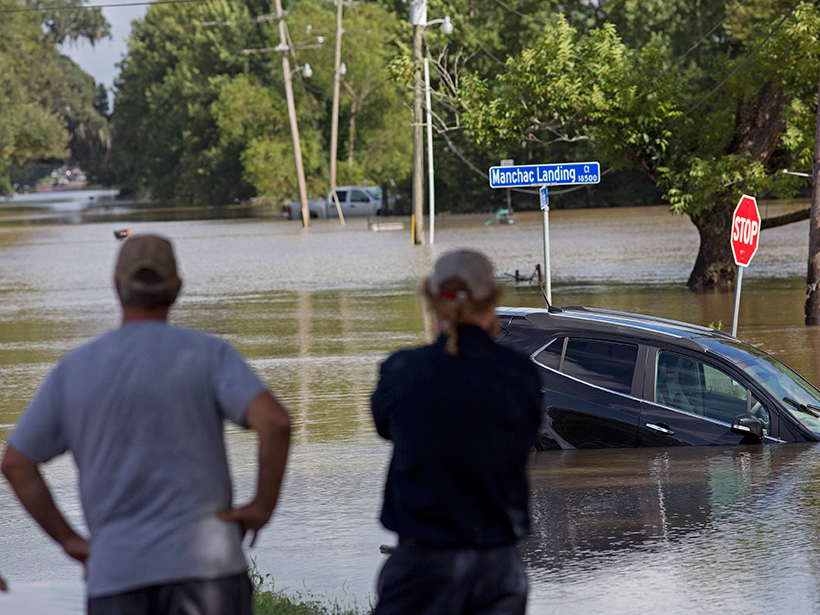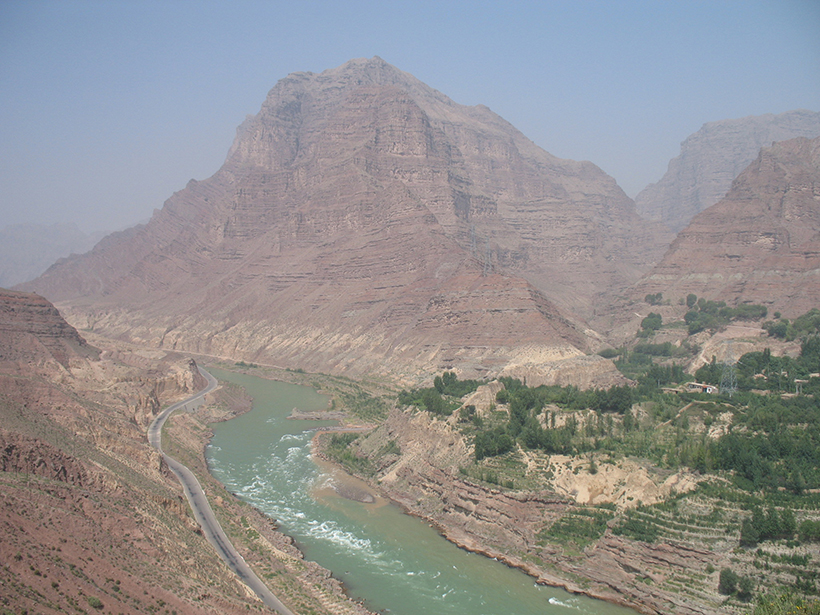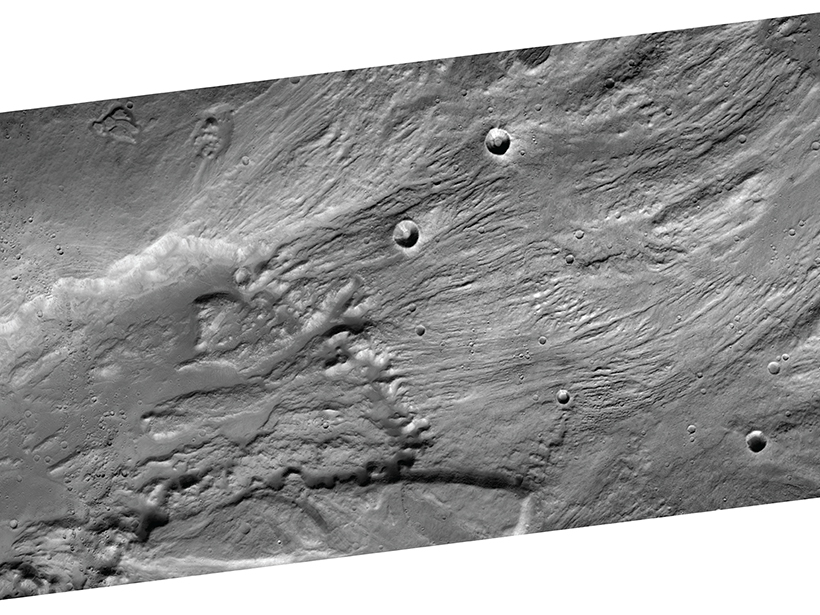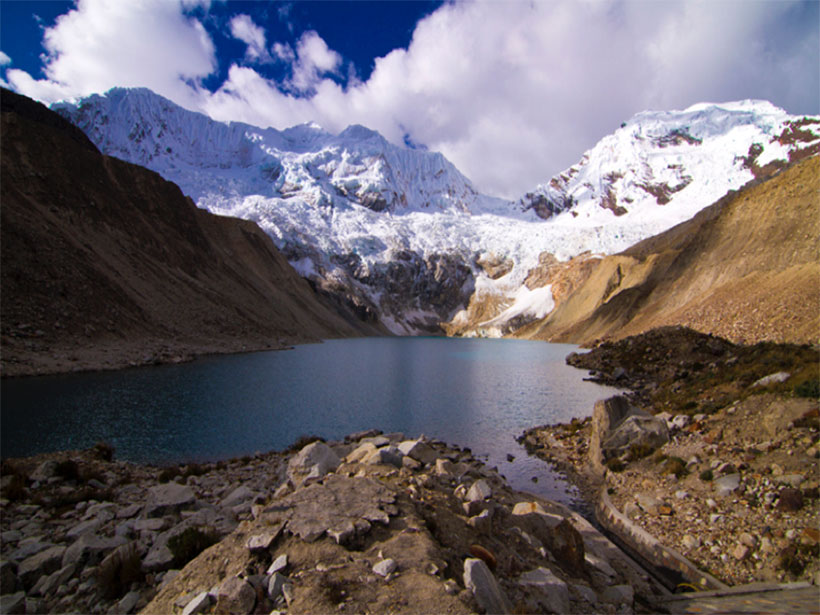The White House and Democrats want to see an infrastructure package move through Congress. One House subcommittee chairman intends to make sure that water resource projects are part of the plan.
floods
Using Archives of Past Floods to Estimate Future Flood Hazards
Cross Community Workshop on Past Flood Variability; Grenoble, France, 27–30 June 2016
Tracking Trends in U.S. Flood Risk
As floods become more frequent around the globe, scientists work to pinpoint what puts certain regions at risk.
Can Data Extracted from Twitter Help Map Flood Hazards?
Tweets, if scrutinized closely, may allow scientists to map hazards in real time, helping to guide emergency response.
Flood Response Using Earth Observation Data and Products
NASA Flood Response Workshop; Greenbelt, Maryland, 14–16 June 2016
How Vague Historical Writings Help Scientists Predict Floods
By including imprecise historical written records in their calculations, researchers were able to decrease uncertainty in estimations of future flood frequency.
New Flood Model Offers National Streamflow Coverage
The model, released by the National Weather Service, will provide neighborhood-level flood forecasting.
Evidence Found for China's Ancient Origin Story
New geological findings suggest that an ancient flood in a popular legend about the birth of China's civilization might have actually occurred, but some 150 years later than historians thought.
Reconstructing Catastrophic Floods on Earth and Mars
A new theoretical model suggests that ancient floods that carved canyons on Earth and Mars may have been much smaller but lasted longer than previously thought.
Focusing the Human Lens on Glacial Outburst Floods
To better prepare mountain communities for possible floods, experts say that it is important to understand the communities themselves.

